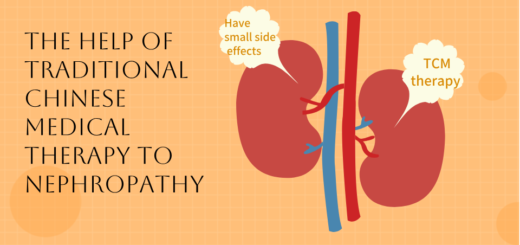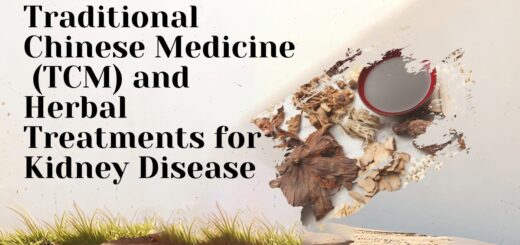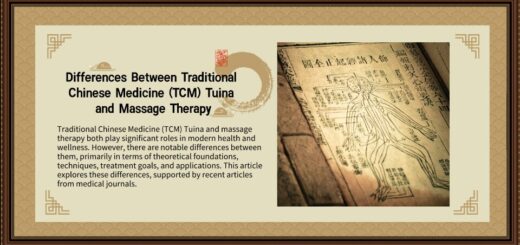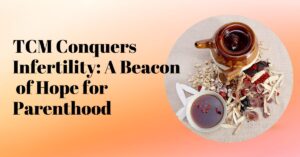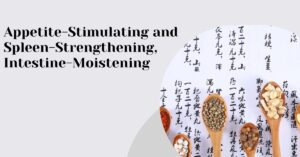Why Are Some Conditions More Suitable for Traditional Chinese Medicine (TCM) Treatment?
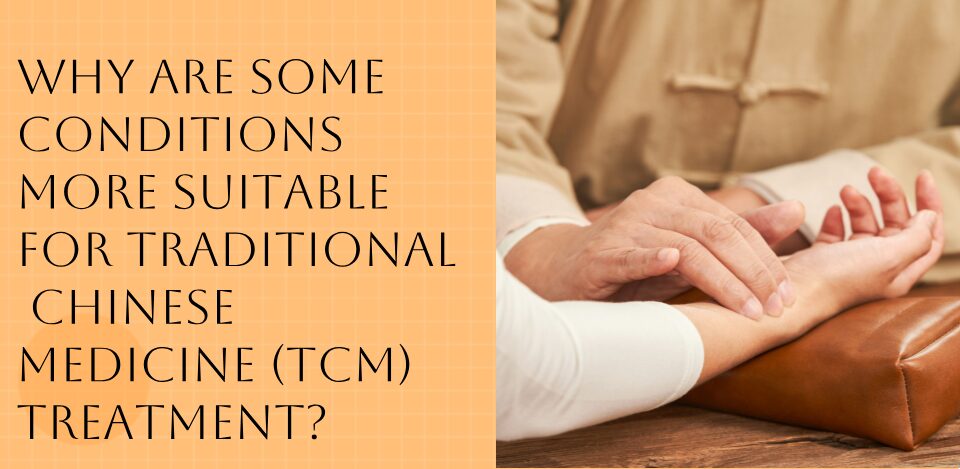
Why Are Some Conditions More Suitable for Traditional Chinese Medicine (TCM) Treatment?
Traditional Chinese Medicine (TCM) is a medical system that originated in ancient China and has a history spanning thousands of years. The core concepts of TCM are holism and syndrome differentiation, emphasizing harmony between the human body and the natural environment. Unlike Western medicine, TCM aims to cure diseases by regulating the body’s Qi, blood, Yin, and Yang. This article explores why some conditions are more suitable for treatment with TCM.
1. Chronic Diseases: Achieving Therapeutic Effects through Holistic Regulation 🌿
Chronic diseases such as diabetes, hypertension, and asthma are often incurable through a single medication. These conditions usually require long-term management, and TCM’s therapeutic approach aligns perfectly with this need. TCM emphasizes holistic regulation, improving symptoms by balancing the body’s state. For instance, in treating diabetes, TCM often employs personalized treatment plans based on the patient’s constitution and symptoms, such as acupuncture, herbal medicine, and dietary therapy, to enhance blood sugar control.
Interestingly, TCM sometimes places more emphasis on lifestyle changes in the treatment of chronic diseases. For example, TCM practitioners may advise patients to adjust their diet, sleeping patterns, and mental health to improve their overall health. This comprehensive treatment approach often yields better results, not just in alleviating symptoms but also in promoting overall wellness.
2. Functional Disorders: The Regulatory Advantages of TCM 🌼
Functional disorders refer to conditions where there are no obvious organic lesions detectable by modern medical examinations, such as gastrointestinal dysfunction, neurasthenia, and headaches. These conditions are often closely related to emotions and mental states. In Western medicine, these disorders are often categorized as “difficult to treat” because there is no specific location or cause for the disease.
TCM has significant advantages in treating functional disorders. This is because TCM focuses more on the overall state of the individual rather than just localized symptoms. Through acupuncture, massage, cupping, and other methods, TCM can effectively improve Qi and blood circulation and regulate the nervous system’s function. Many studies have shown that TCM has better efficacy in treating headaches, gastrointestinal dysfunction, and other conditions, especially for cases where Western medicine is ineffective.
3. Sub-Health States: TCM’s Nourishing Approaches 🌺
In modern society, many people are in a “sub-health” state, which refers to a condition where there are no significant pathological changes in the body, but the individual feels tired, lethargic, or mentally sluggish. TCM believes these symptoms may be due to Qi deficiency, blood deficiency, or Yin-Yang imbalance. Through herbal medicine, acupuncture, and dietary therapy, TCM can help restore body balance and improve sub-health conditions.
Interestingly, TCM emphasizes “prevention before disease” in body conditioning, which means preventing diseases before they occur. This preventive concept aligns with modern health management principles. Therefore, many people choose TCM therapy to prevent more severe health problems when they feel unwell.
4. Women’s Health Issues: The Unique Advantages of TCM 🌸
TCM also shows unique advantages in treating women’s health issues. Conditions such as menstrual irregularities, menopausal syndrome, and infertility are often closely related to hormonal levels and emotional fluctuations. TCM applies syndrome differentiation and treatment based on the patient’s constitution, symptoms, and meridian conditions to provide personalized therapy. Many female patients experience significant improvement in their symptoms after TCM treatment, such as regularized menstruation, relief from dysmenorrhea, and even successful conception.
5. Emotional Disorders: The Psychological Regulatory Effects of TCM 🍃
TCM believes that emotional disturbances can lead to Qi stagnation, resulting in various diseases. Modern medical research has also found that emotional changes can indeed affect physiological health. In treating emotional disorders such as depression and anxiety, TCM uses methods like soothing the liver and regulating Qi, strengthening the spleen and nourishing the heart, combined with acupuncture and massage, to effectively alleviate patients’ mental symptoms.
Interestingly, TCM emphasizes improving emotional states by regulating the body’s internal balance when treating emotional disorders. This bidirectional regulation mechanism between body and emotion gives TCM a unique advantage in managing emotional disorders.
6. Auxiliary Treatment for Certain Types of Acute Conditions 🔥
Although TCM is not as rapid and direct as Western medicine in treating acute conditions, it can provide effective auxiliary treatment in certain specific cases. For example, in managing acute pain (such as acute back sprain or sports injuries), acupuncture and massage can quickly relieve pain and reduce inflammation. At the same time, topical and oral herbal medicines can have anti-inflammatory and analgesic effects.
Disclaimer 🚨
This article reflects personal opinions. For health-related issues, it is essential to follow medical advice and seek help from professional healthcare providers.

